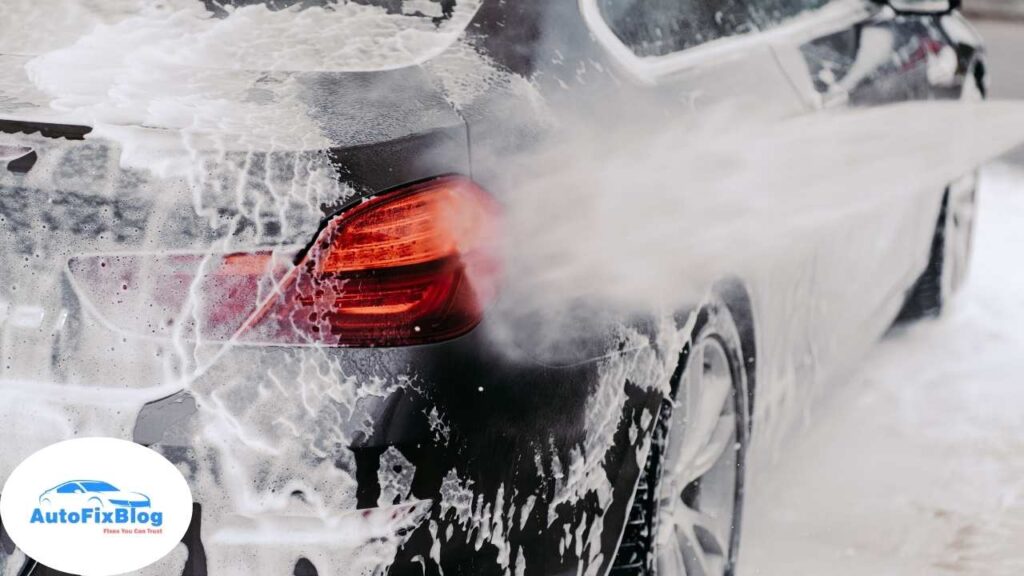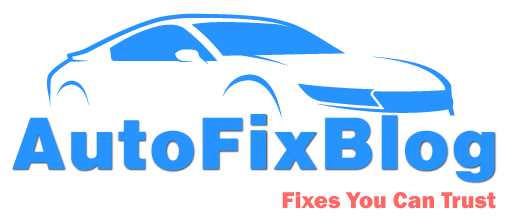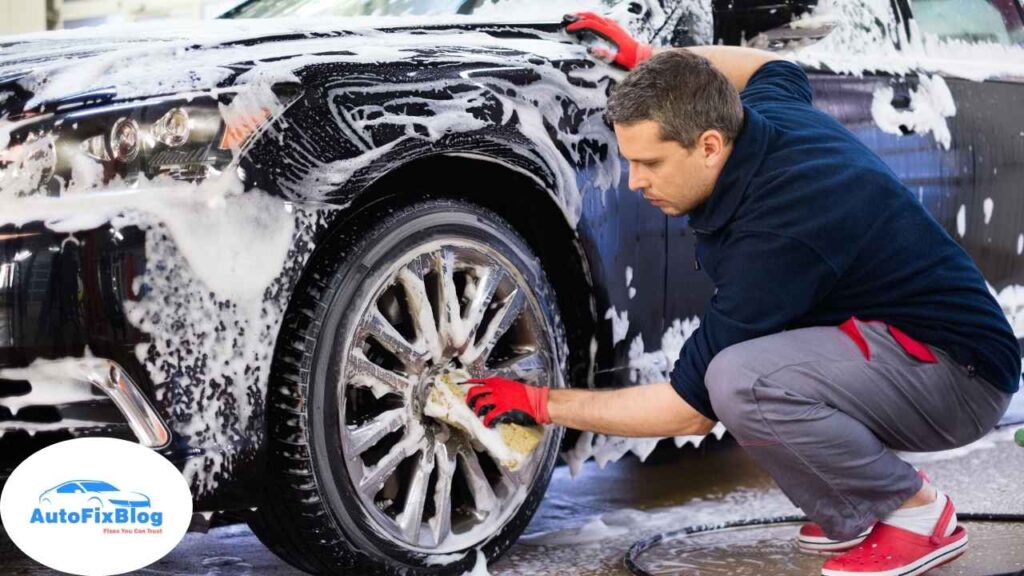Building a car wash can be an exciting venture for entrepreneurs, especially with the rise in car ownership and demand for auto services. However, the initial investment and ongoing costs can vary widely depending on the type of car wash and its location.
If you’re wondering how much does it cost to build a car wash, this article will break down the key expenses, factors that impact costs, and provide an overview of potential returns on your investment.
Whether you’re considering a self-service car wash, automatic in-bay system, or full-service car wash, each type has different costs, benefits, and requirements. Understanding the budget you’ll need to get started can help you plan a successful business with a clear path toward profitability.
1. Types of Car Washes and Their Costs
The type of car wash you choose is the biggest factor in determining how much does it cost to build a car wash. Each model comes with different initial expenses, operating costs, and staffing needs.
a. Self-Service Car Wash
A self-service car wash is the most affordable option and requires less maintenance and staff. Here, customers use pressure hoses, soap, and other equipment to wash their cars themselves.
- Average Cost: Building a basic self-service car wash costs around $20,000 to $100,000 per bay, depending on location, equipment quality, and additional features like vacuums.
- Typical Features: High-pressure water wands, foam brushes, vacuums, and coin or card payment systems.
- Advantages: Lower initial investment, lower maintenance costs, and less labor needed.
- Disadvantages: Lower revenue potential compared to other car wash types.
b. Automatic In-Bay Car Wash
In an in-bay automatic car wash, customers drive into a bay, and the washing process is completed by automated equipment. This model costs more than a self-service wash but requires less staffing than a full-service setup.
- Average Cost: Building an automatic in-bay car wash can cost between $100,000 and $250,000, with prices varying based on equipment quality and location.
- Typical Features: Automated brushes, water jets, dryers, and payment kiosks.
- Advantages: Higher revenue potential than self-service; relatively low labor requirements.
- Disadvantages: More maintenance required, higher upfront costs, and less customer involvement.
c. Tunnel Car Wash (Conveyor System)
A conveyor tunnel car wash is one of the most expensive and elaborate options. This type of wash is popular in high-traffic areas and can process a large number of cars in a short time.
- Average Cost: Building a conveyor tunnel car wash can range from $500,000 to over $2 million, depending on the length, equipment, and complexity of the system.
- Typical Features: Conveyor belts, various washing stages (pre-soak, wash, rinse, dry), and advanced payment systems.
- Advantages: Highest revenue potential, ideal for high-traffic areas, ability to serve multiple customers simultaneously.
- Disadvantages: High construction and maintenance costs, requires skilled staff and regular upkeep.

2. Key Cost Factors in Building a Car Wash
When calculating how much it costs to build a car wash, several important factors come into play. Here are some essential costs to consider:
a. Location and Land Costs
The cost of land will depend largely on the car wash’s location. Prime, high-traffic areas cost more but tend to attract more customers. Depending on your region, land acquisition alone can range from $50,000 to well over $500,000.
b. Permits and Licensing
Permits and licensing are necessary to ensure the car wash complies with local zoning laws, environmental regulations, and health standards. The cost of permits can vary but typically falls between $1,000 and $10,000, depending on the state or municipality.
c. Construction and Site Preparation
Building a car wash requires site preparation, which includes clearing, grading, and laying the foundation. Construction costs will vary by car wash type, with self-service bays requiring the least structural complexity, while conveyor systems require extensive preparation. Construction costs can range from $50,000 to over $500,000.
d. Car Wash Equipment
High-quality car wash equipment is essential to attracting repeat customers. Equipment costs will differ based on the type of car wash and the quality of materials used. Here’s a rough estimate for each type:
- Self-Service Equipment: $10,000 to $50,000 per bay.
- In-Bay Automatic Equipment: $50,000 to $150,000.
- Tunnel Conveyor Equipment: $250,000 to $750,000, depending on system length and sophistication.
e. Water and Wastewater Management Systems
Due to environmental regulations, car washes often need specialized water filtration and recycling systems. These systems can add $10,000 to $100,000 to the total cost but may be required to meet local environmental codes.
f. Labor Costs
Depending on the type of car wash, labor costs will vary significantly. Self-service and in-bay car washes require minimal staffing, while full-service or tunnel car washes need more employees. Average annual payroll expenses can range from $10,000 for self-service car washes to over $100,000 for full-service models.
g. Marketing and Initial Promotions
To attract customers, you’ll likely need to invest in advertising, signage, and promotions. Initial marketing expenses can range from $5,000 to $20,000, depending on the target market and reach of the campaign.
3. Ongoing Costs and Maintenance
Once the car wash is operational, ongoing costs must be factored in, including utility expenses, maintenance, and labor. This is especially important when considering auto issues related to maintenance needs for the car wash equipment and ensuring its longevity.
a. Utilities (Water, Electricity, and Gas)
Car washes are high utility consumers, with water and electricity making up a significant portion of operating costs. Depending on the size and usage, monthly utility bills may range from $1,000 to $5,000 or more.
b. Cleaning and Maintenance
Routine maintenance is necessary to avoid auto issues with the equipment, which could disrupt business. Monthly maintenance costs can vary but are usually between $1,000 and $3,000, with additional annual maintenance costs for major equipment upkeep.
4. Return on Investment and Profit Potential
One of the biggest questions after understanding how much does it cost to build a car wash is the expected return on investment (ROI). While car wash profits vary widely depending on location, type, and volume, the industry typically sees a solid ROI over time.
- Average Revenue: Depending on the car wash type and location, annual revenue can range from $40,000 for a single self-service bay to over $500,000 for a high-traffic conveyor car wash.
- Profit Margins: The typical profit margin for car washes is around 10-20%, with tunnel car washes potentially reaching 30% or more in high-traffic areas.
- Break-Even Point: Most car washes break even within 2 to 5 years, depending on construction and operational costs, as well as customer volume.
So, how much does it cost to build a car wash? The answer depends on the type of car wash, location, and quality of equipment. A self-service car wash might require an investment of $20,000 to $100,000, while a tunnel car wash could cost between $500,000 and $2 million. Each type has unique advantages and costs that should be considered carefully to match your budget and business goals.
For anyone interested in the auto industry and ready to manage potential auto issues related to maintenance and operations, a car wash can be a profitable and steady business. The initial costs may be high, but with proper planning, efficient operations, and a strong customer base, a car wash business can generate a consistent revenue stream for years to come.



